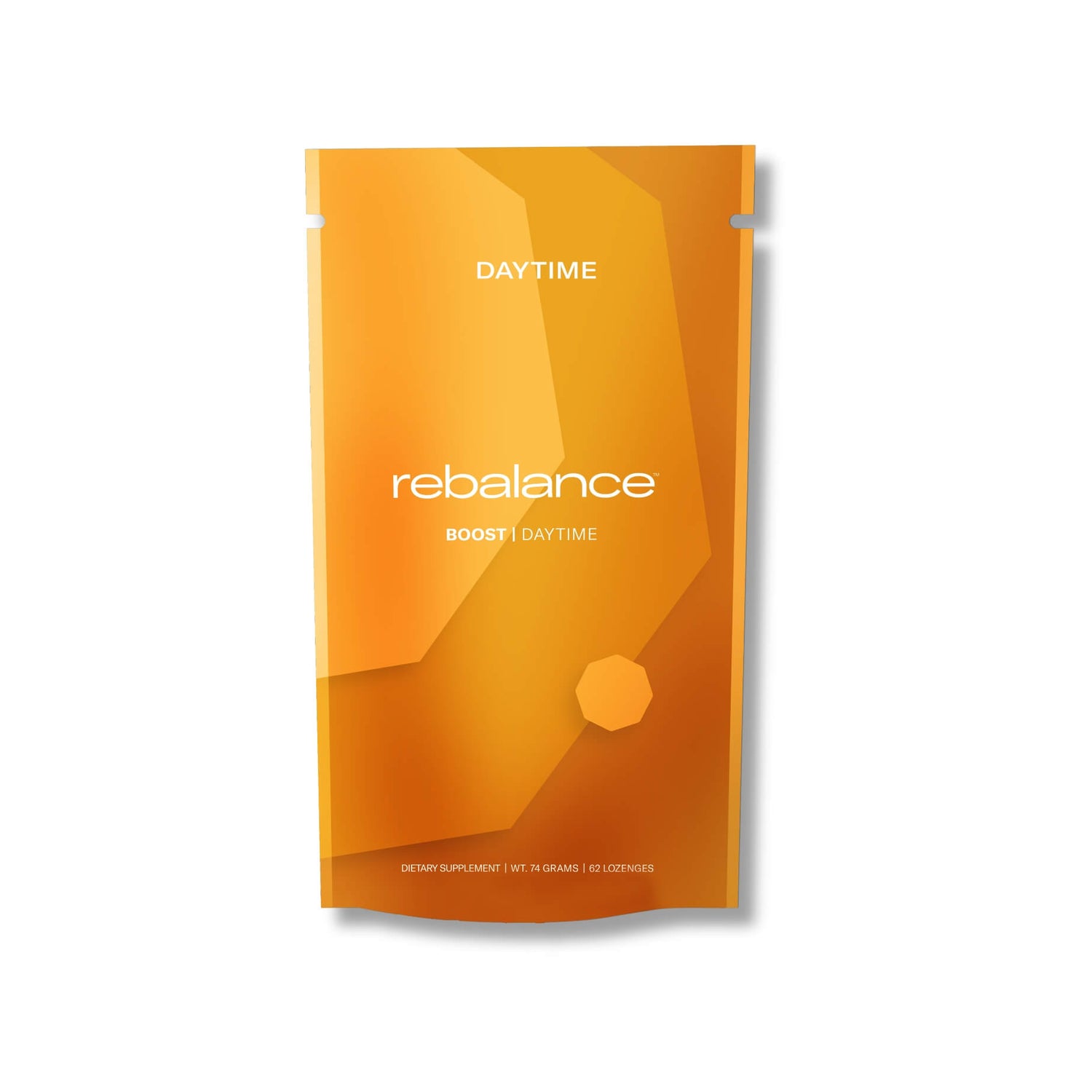Stress isn’t just mental—it’s hormonal. And when cortisol goes up, testosterone goes down. Here’s why stress is stealing your strength, sex drive, and energy (and how to stop it).
What Happens to Testosterone When You’re Stressed
You’ve probably heard of cortisol—the body’s main stress hormone. It’s designed to keep you alive during short bursts of danger (think: fight-or-flight).
But here’s the problem: modern life is a never-ending stressor. Deadlines, traffic, doomscrolling, lack of sleep, processed food, and performance pressure all keep your cortisol levels elevated.
And when cortisol is high for too long, it interferes with testosterone production in a big way.
SHOP THE TESTOSTERONE SYSTEM
The Science: How Cortisol Blocks Testosterone
Your body makes both cortisol and testosterone from the same hormonal precursor: pregnenolone. When you’re chronically stressed, your body diverts that resource toward cortisol production—leaving less available to create testosterone.
This phenomenon is called the “pregnenolone steal.”
High cortisol also:
-
Suppresses luteinizing hormone (LH), which tells your testes to make testosterone
-
Increases insulin resistance and fat storage (which lowers T)
-
Disrupts sleep, which further reduces testosterone
It’s a hormonal domino effect—and it can start with something as common as work stress or late-night screen time.
SHOP THE TESTOSTERONE SYSTEM
Signs Stress Is Hurting Your Testosterone
Not all stress looks like a panic attack. For many men, it’s a low-level hum in the background of daily life. And over time, it shows up in the body.
Watch for these signs:
-
Midsection weight gain (especially stubborn belly fat)
-
Low energy and motivation
-
Mood swings, irritability, or anxiety
-
Lowered libido or performance changes
-
Poor recovery from workouts or injuries
-
Difficulty sleeping or waking up wired
These aren’t just “getting older”—they’re hormonal warning signs.
Why It Gets Worse After 35
As men age, testosterone naturally declines—but stress accelerates the process. The body becomes more sensitive to stress, less efficient at clearing cortisol, and slower to bounce back.
That means what you used to power through in your 20s now leaves you feeling foggy, inflamed, and off your game.
SHOP THE TESTOSTERONE SYSTEM
How to Lower Stress and Support Testosterone
You can’t eliminate all stress—but you can help your body respond to it better. These strategies reduce cortisol and support hormonal recovery:
1. Breathe Like You Mean It
Box breathing (inhale 4, hold 4, exhale 4, hold 4) or 4-7-8 breathing helps signal safety to the nervous system.
2. Train Smart (Not Just Hard)
Resistance training lowers cortisol and boosts testosterone. But chronic cardio or overtraining without recovery can do the opposite.
3. Try Adaptogens
Herbs like ashwagandha, cordyceps, and magnolia bark are shown to help lower cortisol and support stress resilience.
4. Build in Daily Recovery
Short walks, sauna, cold plunges, stretching, or even 10 minutes of silence can shift your body into “rest and repair” mode.
5. Support Sleep
Cortisol should be lowest at night. Managing stress during the day helps you fall asleep faster and stay in deep, testosterone-building sleep.
→ Read more about sleep and testosterone
Final Word
Stress may be invisible—but its impact on testosterone is very real.
If you’re feeling tired, wired, foggy, or flatlined—it’s time to check your stress response. Supporting testosterone starts with calming cortisol and giving your body permission to recover.


